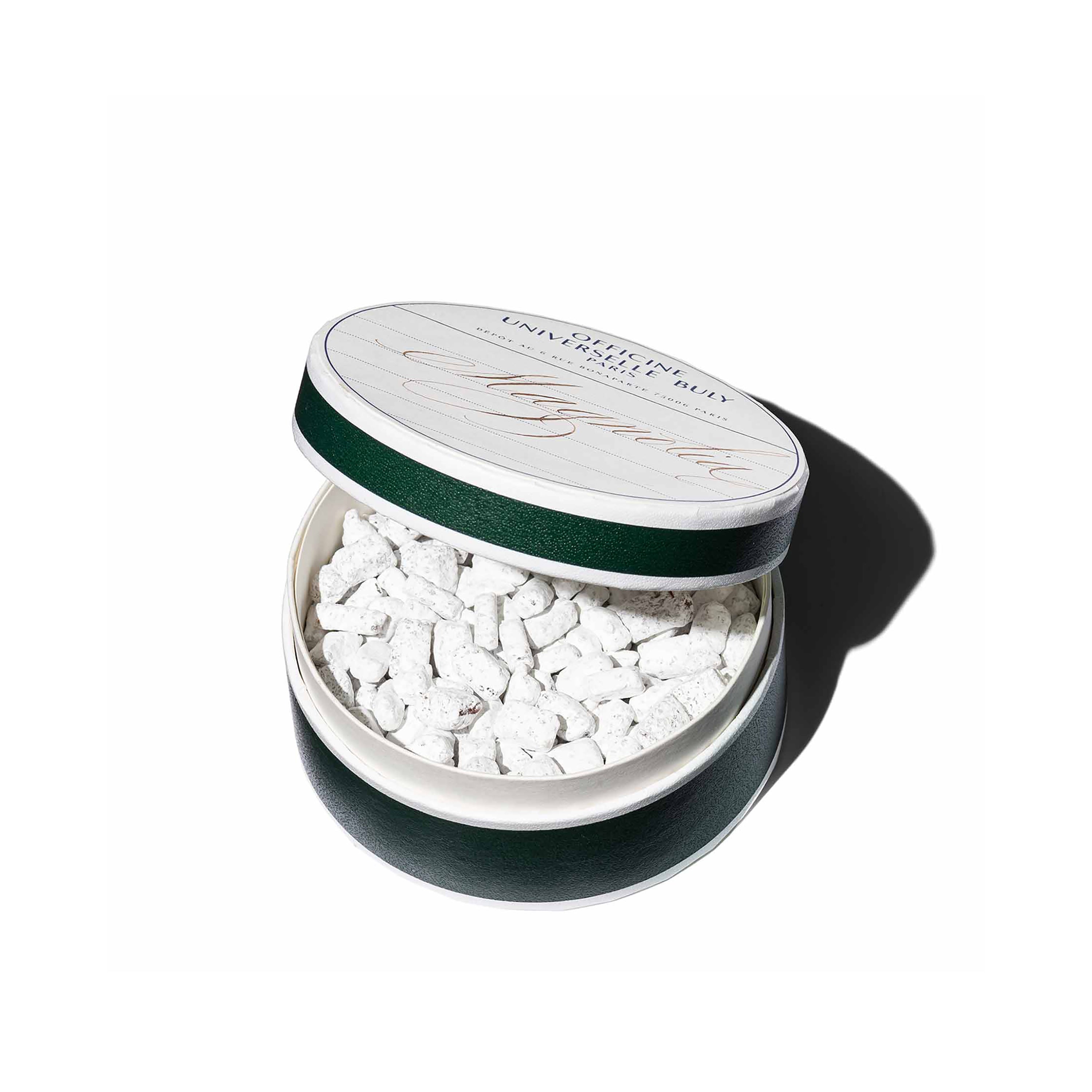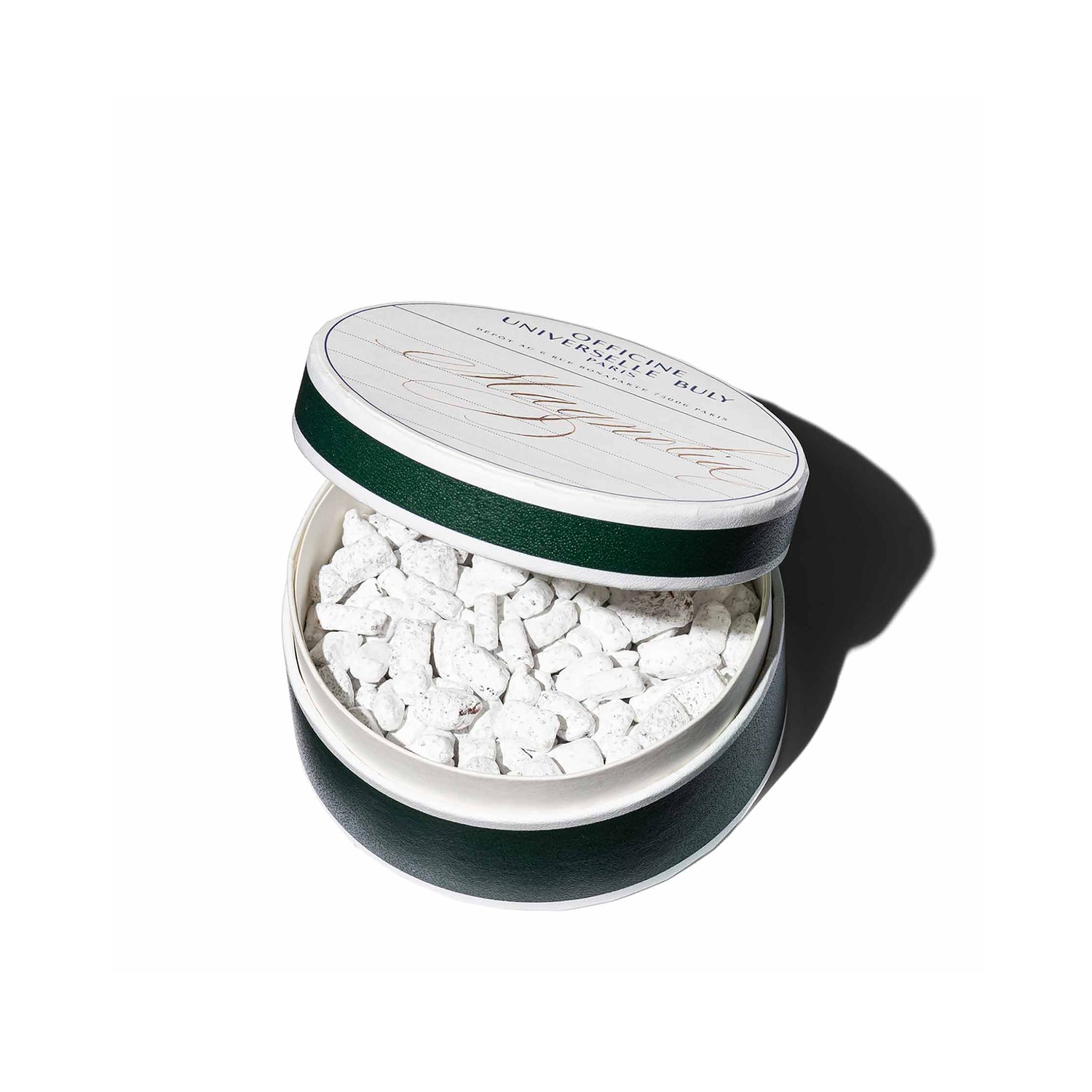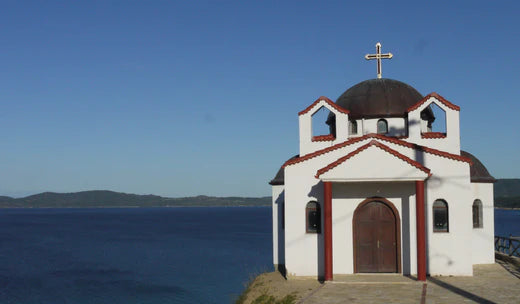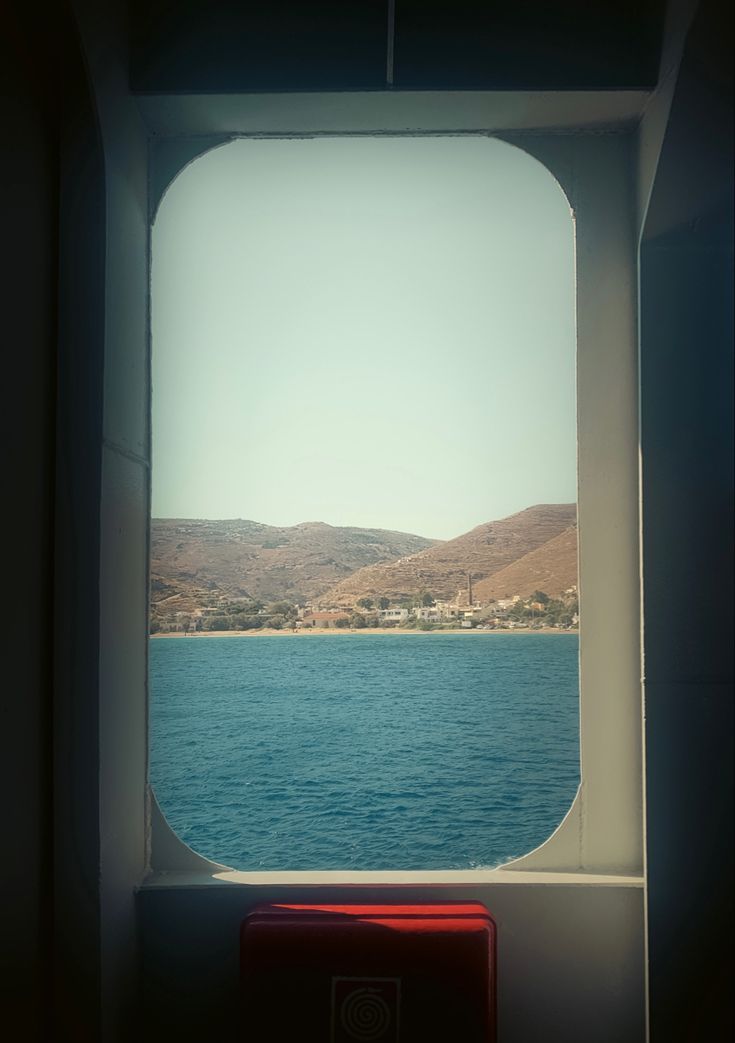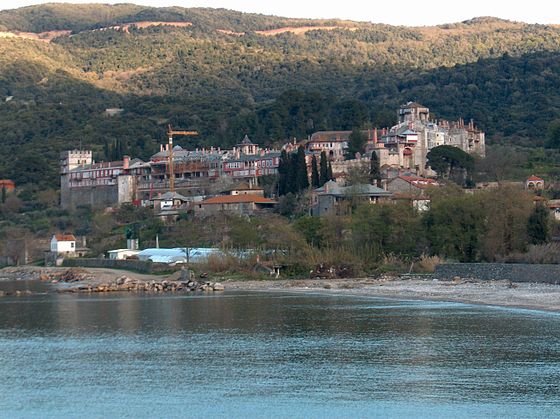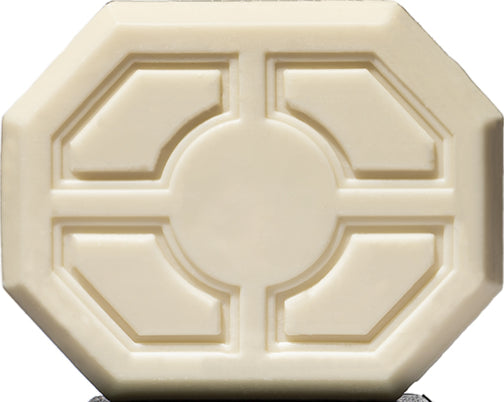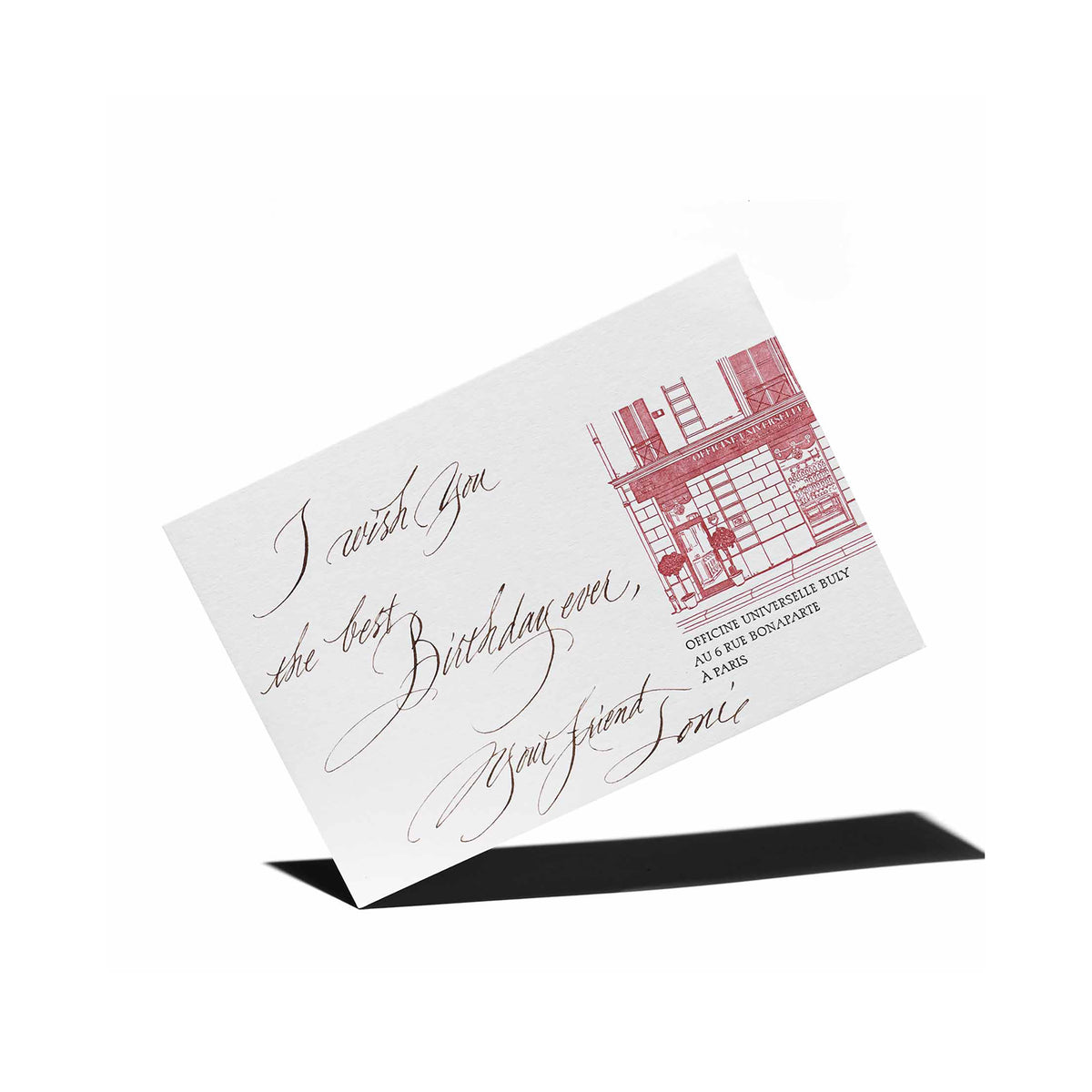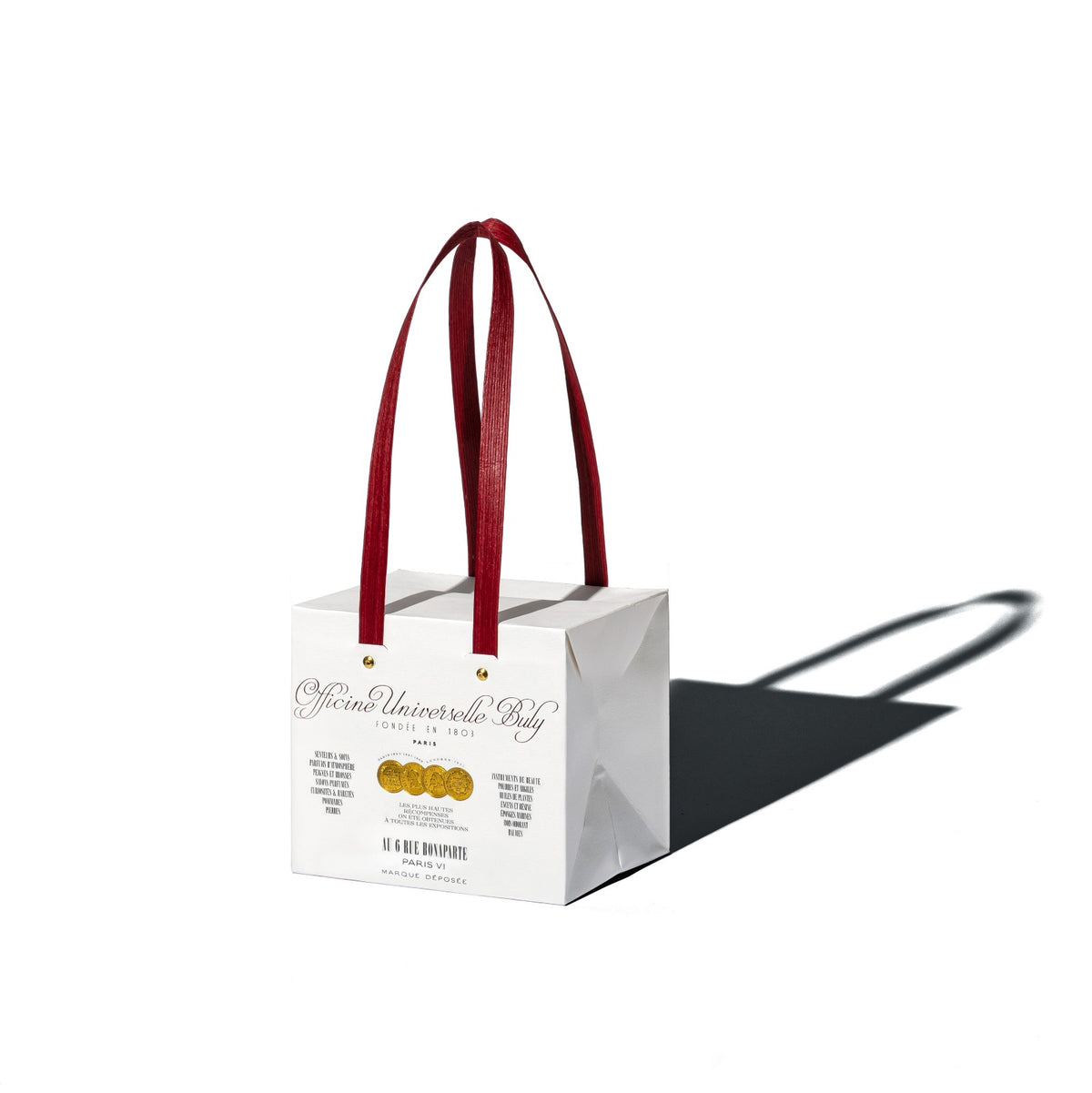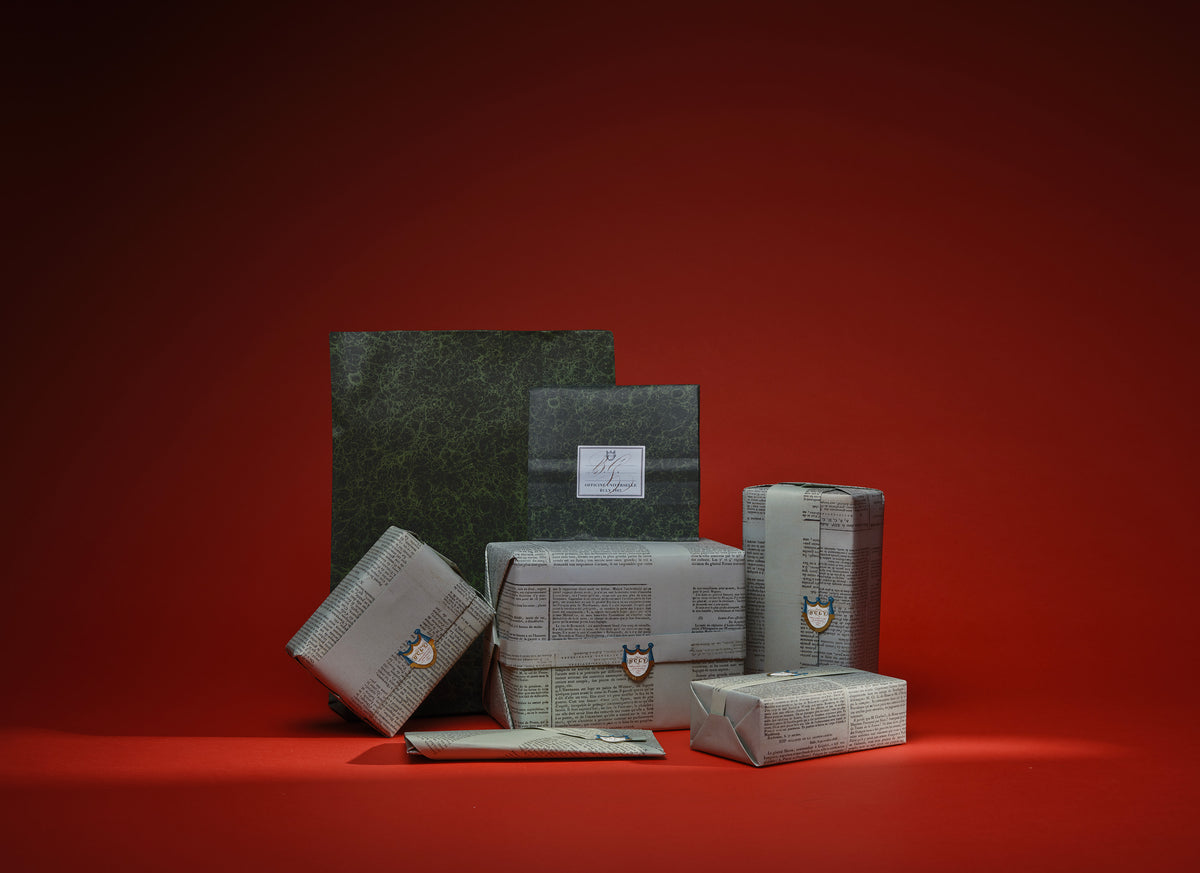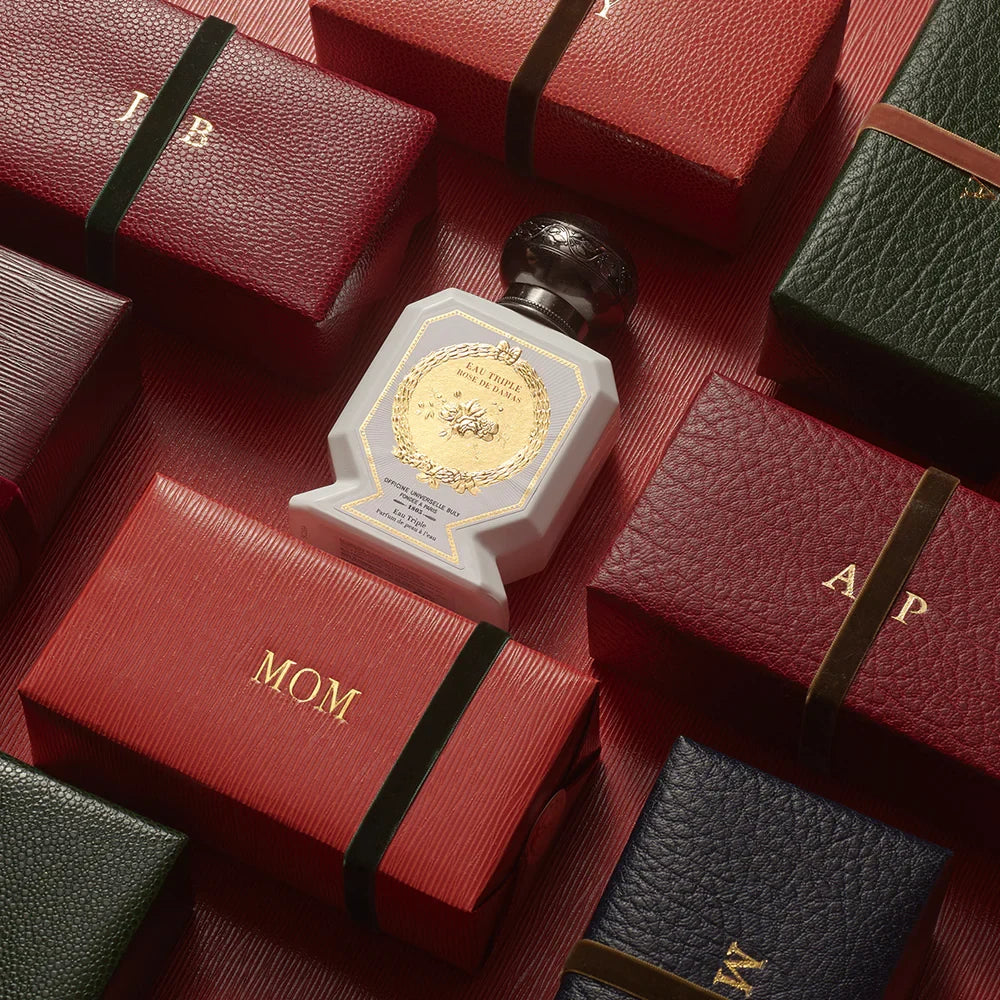Another continues: here, we don't get distracted by current events or family matters. They remain, infinitely believing and convinced, far from their loved ones, cut off from political crises, volunteering for tasks and duties.
In Vatopedi, after the first mass, and then in the evening a little later, the monks get busy with their work. Everyone has a job. A French monk, in one of the upper corridors of the building, has a small office where he binds books. He stays there when he is not praying. It is quiet. Through the window, there is the sea, flat and immaculate. On the shelves, books and accessories. He has been at Mount Athos for ten years. His beard has turned white. His costume has retained its darkness from the first days. He says: I was a culture journalist at Combats. He spent his crazy years in Paris in the 80s, where the nights resembled epics without a future or a great ejaculation. He continues: one day, I wrote an article about Régine in Bobino, I thought she was a tranny, that one. He says that before settling down, forever, he experienced delusions and fantasies. His brother sometimes comes to see him. He remains connected by noises, here and there, of decadent news. He calmly analyzes Le Pen's success, which does not surprise him. He says: France is racist.
In the courtyard, where the air currents pass and disappear, another French monk rushes to the church. He stops. He speaks softly. He almost whispers. He hasn't heard French spoken in a long time. He is surprised. He arrived without ever leaving, like everyone else, by boat, twenty-eight years ago. It was already sunny. There was already the rhythm of days that are the same, over and over again. In France, he comes from Lorraine. Since then, the Arcelor-Mittal blast furnaces have had time to cool and then die. He almost takes his breath away as he asks if they're still filming. He barely knows who François Hollande is. When he arrived, he didn't leave there for seven years. The world has gradually disguised itself. It’s a shock, he said. His family is far from him. He thinks it's better this way. He just says, I hope if my brothers and sisters die, I'll know.
Meals start again. Masses too. Behind a discreet door, the monks' private collection, which bears witness to what Mount Athos has been over the centuries. Letters from the Turkish sultan, sacred treasures, when the island was invaded by the Ottoman Empire. Gifts, from the local kingdoms. In a corner, hidden at the bottom of a window, there is a box from the wedding of Camilla and Prince Charles, closing a piece of the cake, condemned to rot there. A monk: he often comes to visit us because he is Orthodox, but he doesn't show it. He continues on his flamboyant line: Putin is coming too. He loves our wine. And he cites, in spades, Papandreou, Samaras and all the other Greek decision-makers, who came to taste the blessing of Mount. Like confessions of power. Around, nature, noisy, continues to rustle with the wind. The trees are peppered with shivers. The flowers are springing up. A few cars wander along the mountain and valley paths, passing from one monastery to another. Green is wild. In the church, the same show is replayed one last time, until tomorrow. A monk begins by burning incense. It dilutes the smell in the chapel. It's a smell that, after a while, becomes familiar. We tame it. We discover it when it approaches, bringing forth a new verse, a new possibility.
The incense, like the rest, is made on site. By monks. The resin arrives from Ethiopia, in the form of large yellow blocks. The monks, intended for incense, spend their time, in a workshop on the ground floor, near the entrance to the church, grinding it, drying it and cutting it into pieces. They come out with small balls, coated with white powder, of different sizes. Make boxes, more or less large. They work without saying a word, their hands immersed in the smell it creates every day. They are focused. In the workshop next door, friendly colleagues work to make creams from herbs harvested in the heights of the island. A monk promises that his creams have powers. To heal, to make the skin kind or to repair a break. The monk, in charge of the creams, says that the sick who pass through here inhale a plant or massage themselves without violence, and then leave looking dapper.
An American monk, with a combed beard, awaits the hour of death which will take him, one day, between a mass and a meal, between two celebrations and two nights. He is not scared. He says she will come and fish for him, like all the others before. That she will win. He will end up boneless in the pit, near the monastery. His skull, more or less yellowed, will be stored on the shelves of a small wooden cabin. Inside, the skulls sleep until eternity. Teeth sometimes get caught. Jaws are trembling. The American monk, at Mount Athos for seventeen years, looks at them, touches them. He knows that beyond that, he will never be able to come out. Only his mind will escape, in complete freedom, he hopes.
The boat returns, a few days later, to the same dock. He fishes for the faithful who return to their habits, at the end of the water. Another life, more modern, faster, more submerged. Where Rihanna continues to make teenagers horny. Where conflicts, wars, rage, hatred abound. Where, sometimes, it is necessary to protect ourselves from too much of everything. The boat leaves slowly. The odds disappear behind the waves. The monasteries also disappear into the landscape. This place exists. To life, to death.
Mehdi Meklat and Badroudine Said Abdallah
 LES JARDINS FRANÇAIS DE L'OFFICINE
LES JARDINS FRANÇAIS DE L'OFFICINE
 PERFUME ONESELF
PERFUME ONESELF
 PERFUME THE ATMOSPHERE
PERFUME THE ATMOSPHERE
 THE FACE
THE FACE
 THE BODY
THE BODY
 THE OFFICINE COMBS
THE OFFICINE COMBS
 HAIR CARE
HAIR CARE
Login
Wishlist
contact@buly1803.com
